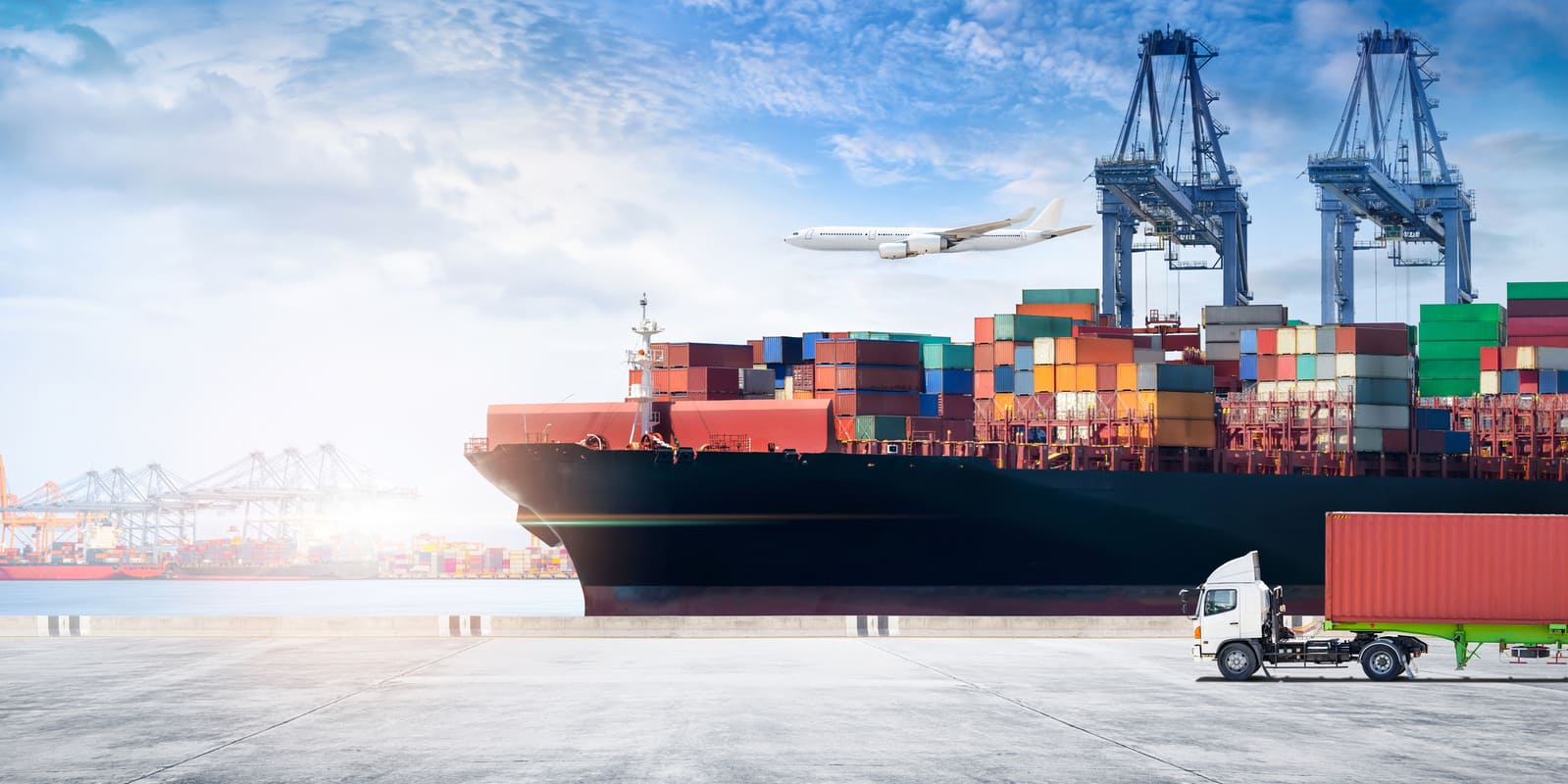“Geographically, Catalonia is very well communicated with the rest of the world. We have the airport, the seaport, and any other transport communication.”
Susana Cuquerella, Plant Manager AAM Barcelona
Discover Catalonia's strong and specialized industrial ecosystem with the presence of international companies, highly open to the world and with rapid access to a large market.

The logistics industry is a thriving and vital component of Catalonia's economy, contributing almost 20% of the service sector in 2019, accounting for 74% of the economy.
The sector employs over 128,000 people in Barcelona alone, generating 14.6% of Catalonia's total GVA in 2019, representing €31.37 billion. And all this activity is also turned into employment, with modern logistics warehouses creating between 6 to 8 direct jobs for every 1,000 m2 of constructed area.
Catalonia stands out as Spain’s industrial powerhouse, with 34,811 industrial companies, home to 18.1% of Spain’s industrial companies in total. Behind these figures, we can find Catalonia's diversified industrial background, with the main sectors being chemicals and plastics, food and beverages, automobiles and motorbikes, metallurgy, and life sciences.
In 2022, Catalan exports grew 17,9%, reaching a record figure of €94,927 million. In fact, Catalonia is the leading exporting region in Spain and is behind a significant 24.4% of Spanish exports. Moreover, the number of regular exporting companies grew by 2.2%, reaching 17,469.
Search our database to find Catalan suppliers in the logistics sector.

17,469 exporting companies

34,811 industrial companies

€94,927M in exports
“Geographically, Catalonia is very well communicated with the rest of the world. We have the airport, the seaport, and any other transport communication.”
Susana Cuquerella, Plant Manager AAM Barcelona

Catalonia's connectivity to the rest of the world is facilitated by its concentration of industry and consumers, with access to a large market. In Catalonia, the industry has a more significant impact on GDP, accounting for 20.1% of the total, whereas, in Spain, it represents 17.6% of the overall GDP. In addition, the logistics network has access to 400 million consumers in less than 48 hours through air, train, shipping, or road transport.
Its geostrategic position allows for efficient intercontinental connections with Asia and America, facilitating proximity distribution with southern Europe and northern Africa. Furthermore, the region has a port, airport, free-trade zone, and logistics areas with storage capacity, all within an area of 12 km.
The Barcelona-El Prat airport >was named the world's fourth best airport (with 40-50 million passengers) in the Skytrax World Airport Awards in 2024 and was Europe's best airport by size and region (with over 40 million passengers) in 2023.The ports of Barcelona and Tarragona have specialized product services and infrastructures, with Tarragona playing a vital role in importing, exporting, and distributing gas, petrol, and chemical products in Spain and the wider Mediterranean region. The Port of Barcelona connects with 178 ports worldwide and is a benchmark port in the Euro-Mediterranean region. It was also named the second most attractive port for logistics investment, just behind Rotterdam in the Savills 2020 Port Logistics Ranking.
Catalonia's high-capacity road infrastructure per surface area unit is 1.5 times higher than the Spanish average and 2.5 times higher than the EU-28 average. In addition, its extensive railway network of almost 1,800 km connects the main cities of Catalonia with the rest of Spain and France.
Catalonia is also home to a section of one of the nine priority corridors of the Trans-European Transport Network, connecting Algeciras with the Hungarian-Ukrainian border and scheduled for completion in 2030.
Major companies, including Amazon, Honda Logistics, Ikea, AkzoNobel, and UPS, have established operations centers in Catalonia. These serve as hubs for supplying Europe, North Africa, Latin America, Asia, and the Middle East.
Between 2018 and 2022, Catalonia was Spain's leading logistics FDI destination, with investment from firms such as Lidl, Hutchison Ports, and Henkel, among others. Over 75 companies have invested in the Catalan logistics sector in the last five years, with over 95 FDI projects materializing in this period. The top three investor countries were Germany, the USA, and France.

Access our report on the Logistics industry in Catalonia and see the latest trends in the sector.
Meet the main players in the logistics sector in Barcelona (Catalonia).
28 Sep 2023
Alstom, une success story: Fabrication de trains à Barcelone-Catalogne
28 Sep 2023
Alstom, a Success Story: Manufacturing Trains from Barcelona-Catalonia
16 May 2023
Marc Camarasa, COO of Silence: “Barcelona is definitely the place to develop a light electric mobility project”
15 May 2022
South Korean battery component company ILJIN Materials will invest 600 MEUR to open its first European factory in Catalonia